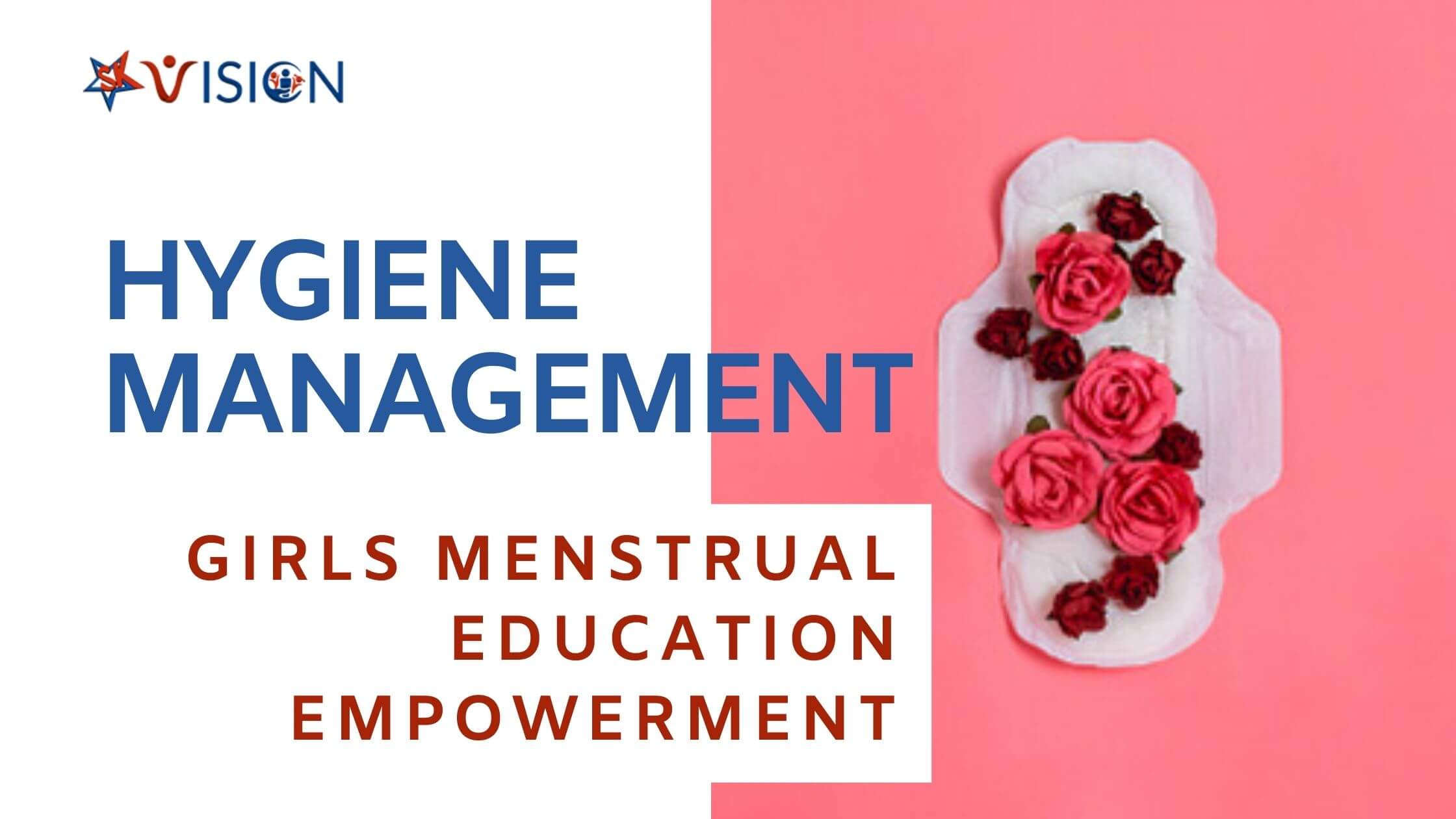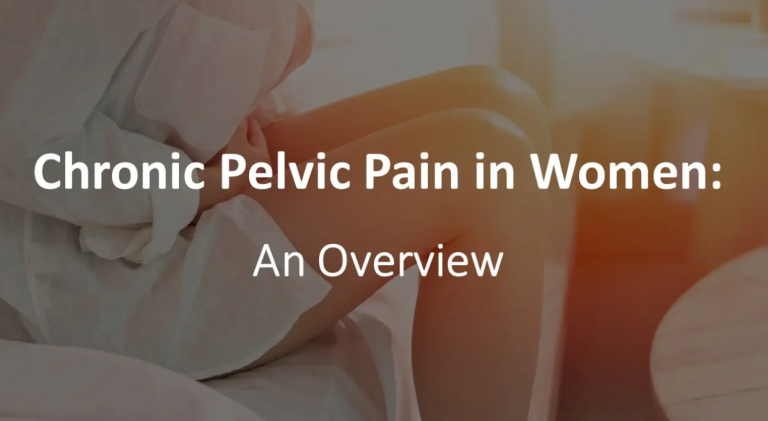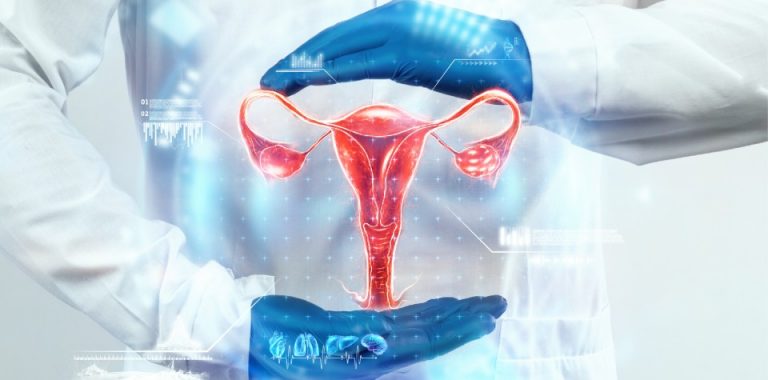What is menstruation:
Girls usually start menstruating between the ages of 10 and 19. At this time, they undergo enormous physical and emotional changes due to hormones.
The normal vaginal bleeding that occurs as part of a woman’s menstrual cycle is called her period or menstruation. Your body starts preparing for pregnancy every month.
In the absence of pregnancy, the uterus or pelvis loses its lining. The blood released during menstruation is made up of both blood and uterine tissue.
Menstrual Education and Impowerment:
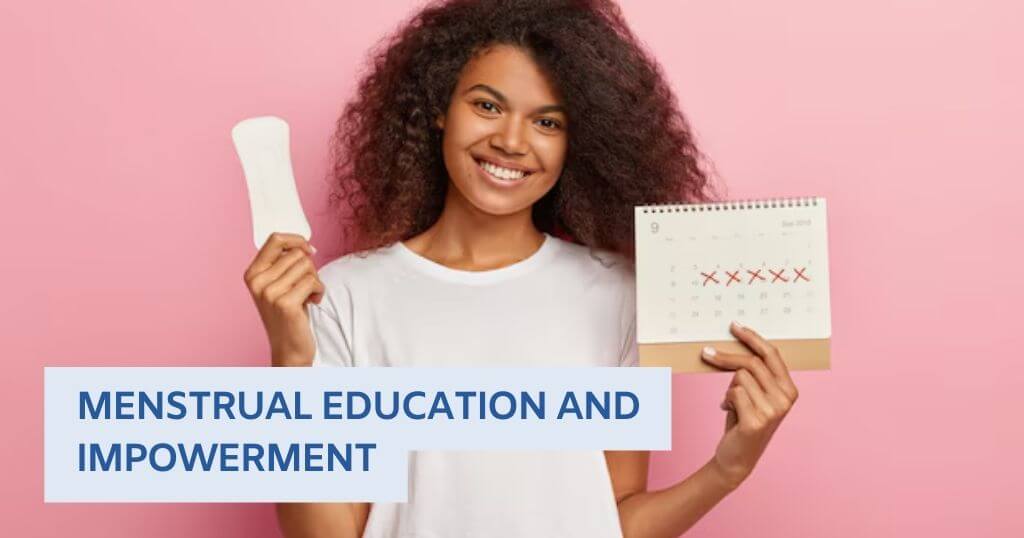
More than 300 million women around the world menstruate on the same day. empowerment of women and adolescent girls depends on menstrual health and hygiene (MHH). An estimated 500 million people worldwide have no source of menstrual products or adequate facilities to manage menstrual hygiene (MHM).
Girls and women need menstrual hygiene products that are affordable and they should be educated about proper hygiene habits and supportive conditions where they can manage their cycles without feeling shy or embarrassed.
Menstrual health and hygiene programs can help people who are experiencing menstruation overcome challenges to their development, independence and well-being by increasing their confidence and ability to communicate.
Objectives of Menstruation Education and Empowerment:
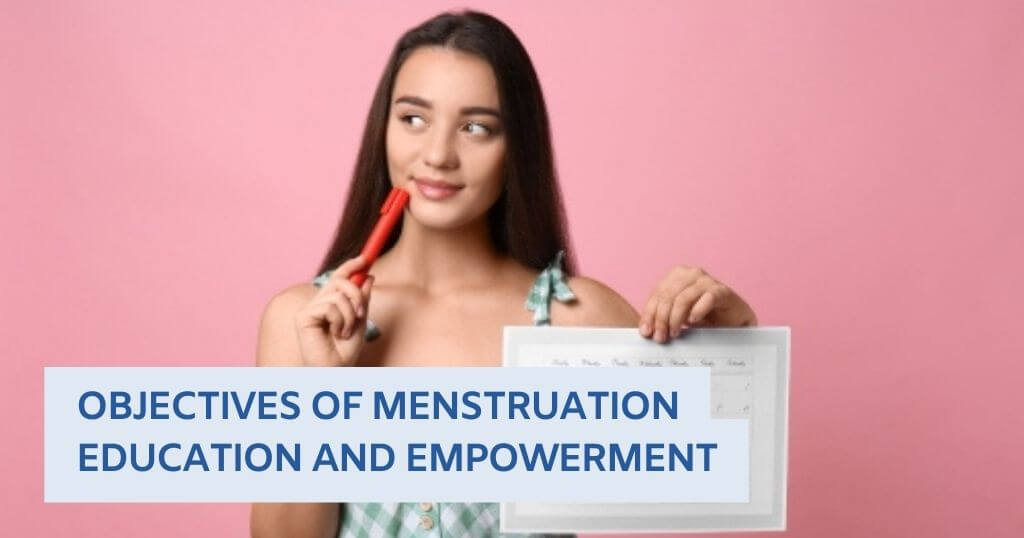
The main objectives of Menstrual health and hygiene programs are :
- To improve young girls’ awareness about menstrual hygiene.
- To boost adolescent girls’ access to and utilization of high-quality sanitary napkins in rural regions.
- To make sure that disposable napkins are disposed away safely and sustainably.
Furthermore, it is important to explain to girls that menstrual hygiene and optimal health significantly empower women and adolescent girls by enabling them to effectively control their monthly menstrual cycles, reduce discomfort and maintain excellent health.
Women who are more knowledgeable about safe menstrual habits and hygiene are less susceptible to recurrent urinary tract infections (RTTIs) and their after-effects. As a result, better understanding of menstruation from an early age could improve safe practices and reduce suffering for millions of women.
To provide sanitary services and adequate facilities to manage their menstrual cycle. It also seeks to eliminate the initial stigma that considers a woman’s menstruation as dirty and shameful.
The challenge of Girls Menstrual Education Empowerment – Hygiene Management
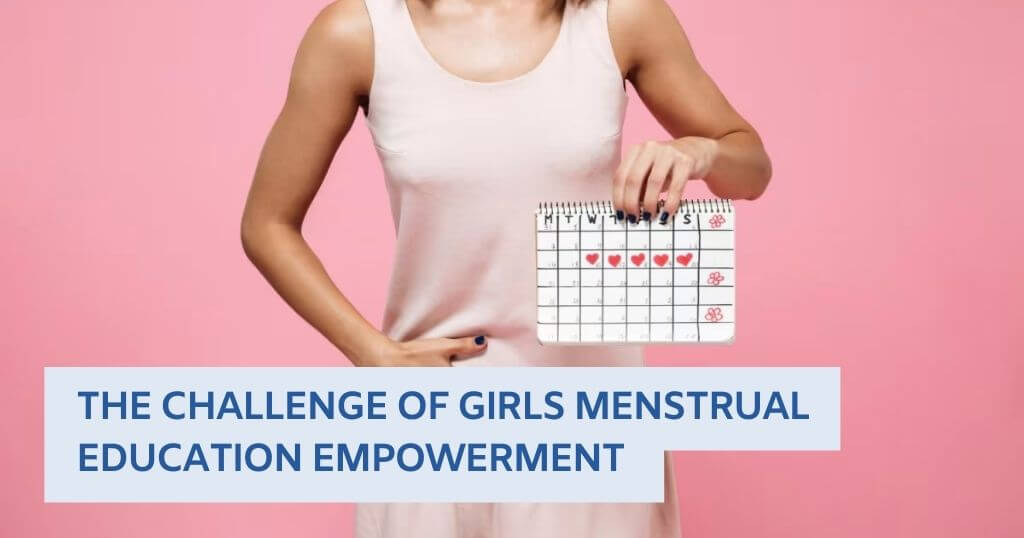
Poor menstrual hygiene can pose significant health risks such as urinary tract infections and reproductive infections, which may lead to infertility or troublesome deliveries in the future.
Hepatitis B and thrush can spread when people change their menstrual products and forget to wash their hands.
Maintaining water , sanitation and menstrual hygiene :
Clean water and sanitation are very important to maintain sensitivity. In low or middle income countries, the worldwide water, sanitation and hygiene (WASH) community is paying increasing attention to menstrual hygiene management issues.
Sanitary product disposal requires disposal devices to throw away sanitary pads and hand washing stations should be used to clean hands. Always use clean water for hand washing, menstrual hygiene and anal and genital cleaning. Use of contaminated water can affect menstrual health.
To raise awareness of the challenges women and girls face to controlling their menstrual cycles and to showcase potential solutions that can be implemented globally, nationally, and locally to solve these problems.
Menstruation: a major taboo:
In some communities, menstruation is stigmatized as dirty or shameful, making it taboo to discuss it in public or private, among friends, at home, or with men.
The belief that menstruating women are impure or immoral. To reduce the possibility that they may contaminate the water in a shared bathing area, some women are discouraged from touching or cleaning their intimate parts during menstruation.
Lack of menstrual education –
To reduce health risks related to poor menstrual management practices, proper education regarding menstrual hygiene is important. Inadequate knowledge and lack of access to clean menstrual products can result in infections, reproductive system diseases, and other health problems.
Educating children about menstruation makes it easier for them to understand the benefits of menstrual education and hygiene management. Lack of education promotes uncleanliness and unhealthy menstrual habits.
As a result, misunderstandings and unfavourable attitudes are fostered, leading to bullying, shaming and even gender-based violence.
What are the Problems that a Girl may Encounter During the Menstrual Cycle?
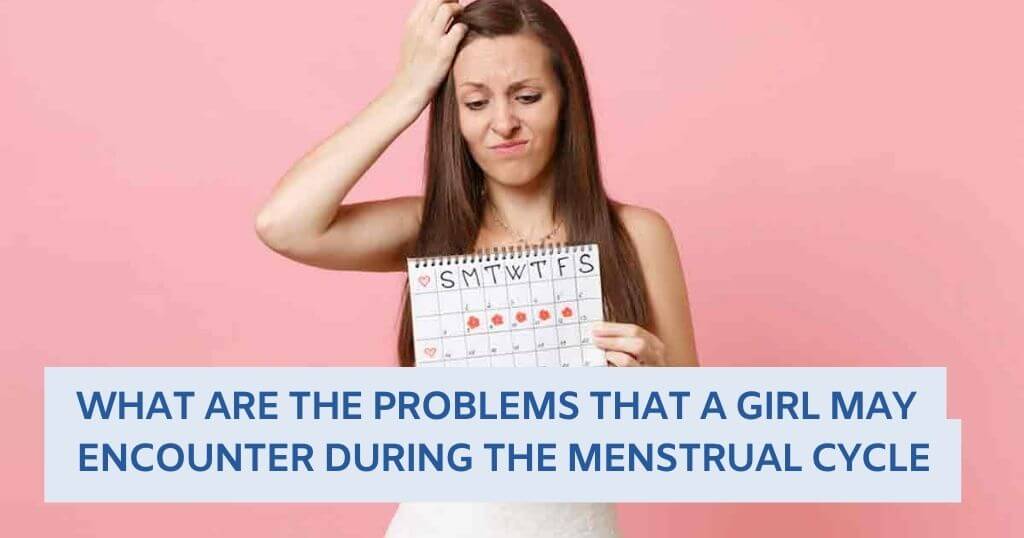
Premenstrual disorder (PMS)-
Hormonal changes that occur before menstruation can cause a number of adverse effects on women, such as headaches, fatigue, irritability and fluid retention.
Changes in balance diet and exercise are two treatments that may be helpful.
Menstrual cramps or painful menstruation-
It is said that some hormones force the uterus to contract more than is necessary to tear out its inner layer.
Oral contraceptive pills and painkillers are two possible forms of treatment.
Menstrual bleeding, or excessive monthly bleeding –
When this problem is not treated, it can result in anemia.
Oral contraceptive pills and a hormonal intrauterine device (IUD) can control the flow and are used as treatment.
The lack of menstrual cycles, or amenorhoea-
Pre-puberty, pregnancy, breastfeeding and post-menopausal periods are considered abnormal.
Heavy physical activity and low or high body weight can be possible causes.
Conclusion-
Menstrual hygiene maintenance is an important but sometimes neglected aspect of women’s health. Good menstrual hygiene can promote access to education, reduce the risk of infection, reduce pregnancy-related problems, increase confidence and self-esteem, and much more.
Women should also be able to control their menstrual cycles in a safe and healthy way. Menstrual education is the first step in emphasizing the need for the right tools and resources to manage one’s menstruation, which also helps reduce menstrual poverty rates.

